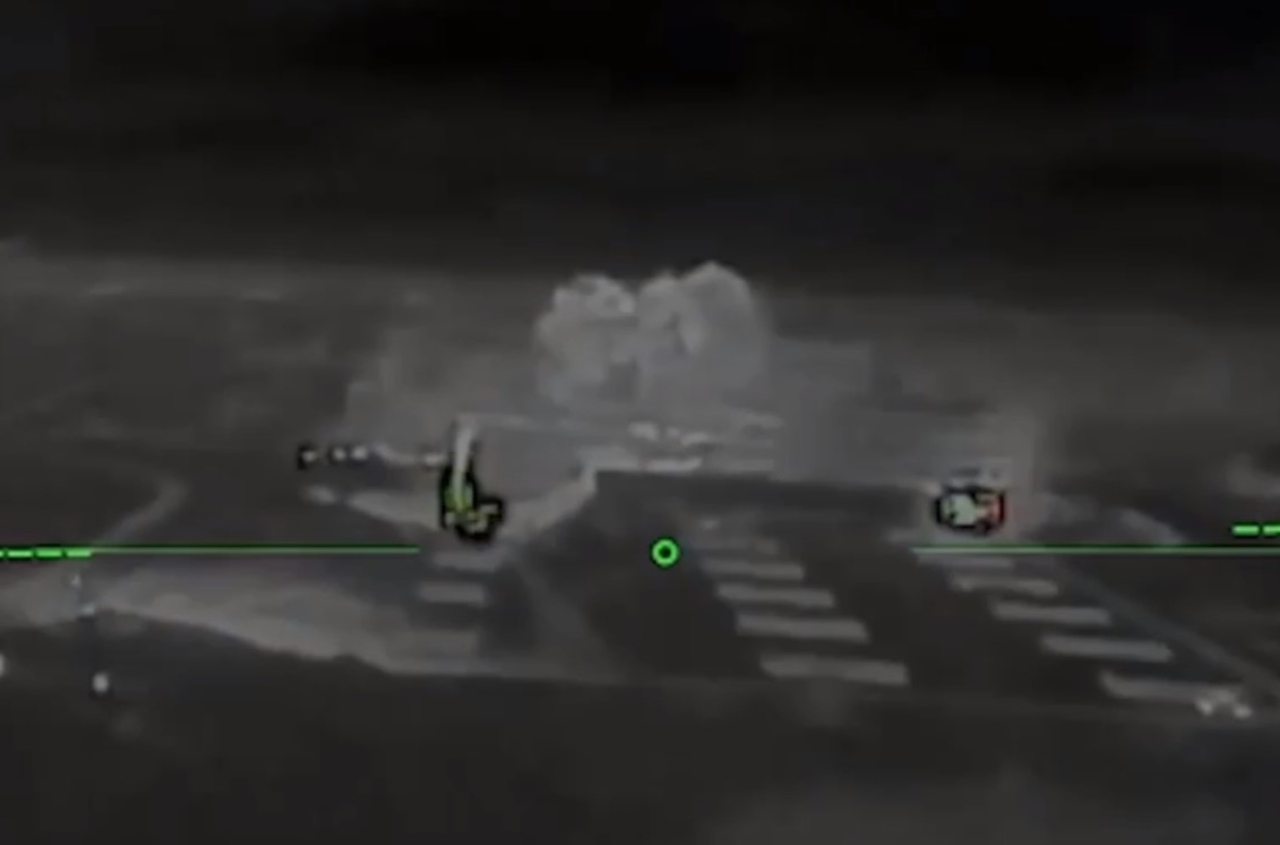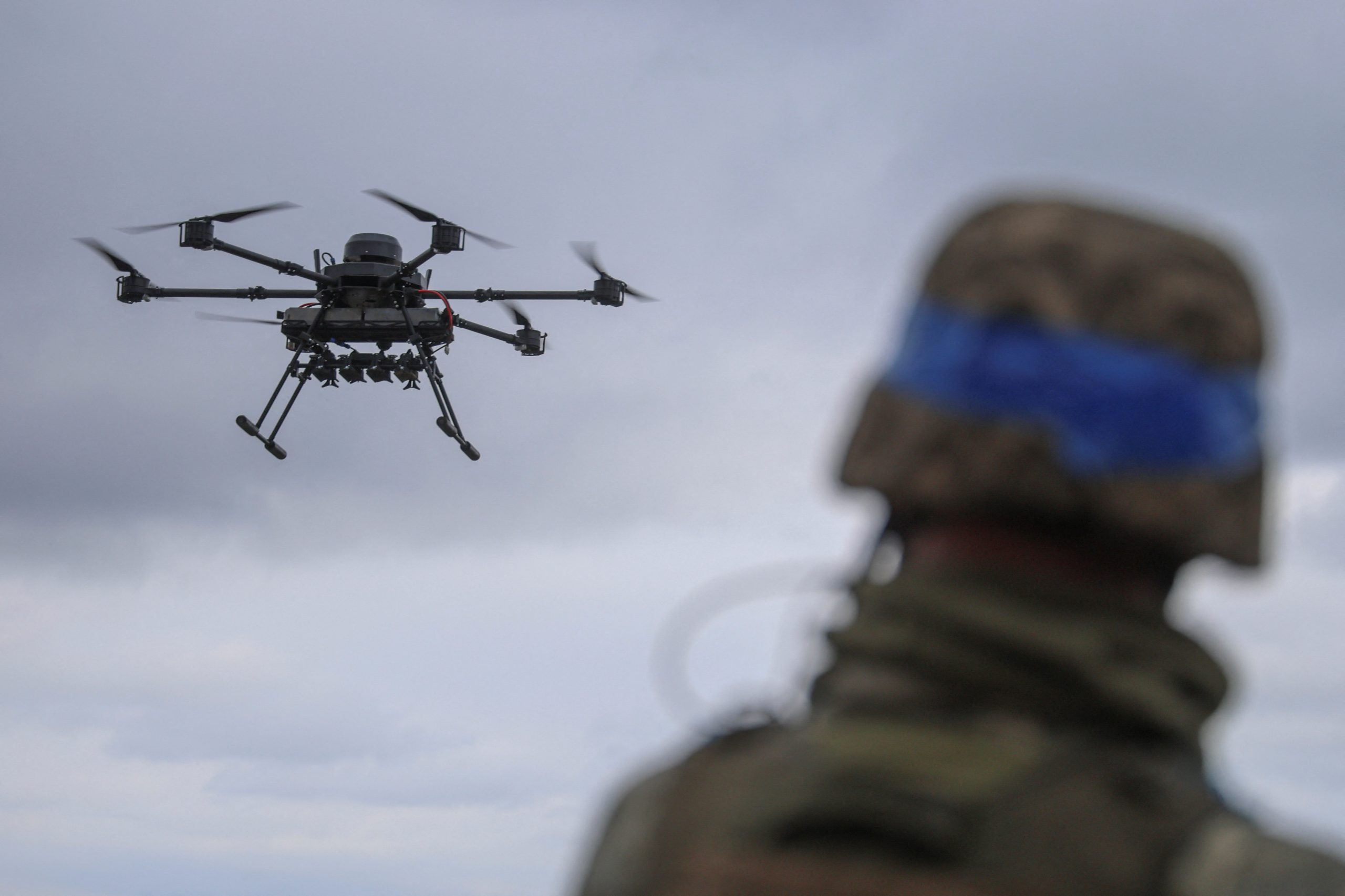Michael Brodsky, the Israeli Ambassador to Ukraine, gave an interview on the channel of Yuri Romanenko, the co-founder of the Ukrainian Institute for the Future, and shared his perspective on the situation in Israel.
"Indeed, on October 7th, Israel was caught off guard. It must be acknowledged. A symbolic date was chosen—the fiftieth anniversary of the Day of Atonement War. Just as it happened then, we were caught off guard now. There was a certain concept that the Arab countries would not attack, as they had no interest in doing so. Any messages that didn't fit into this concept were dismissed.
At that time, the country's leadership believed that there was no chance of a major war breaking out, but it began contrary to these expectations. Unfortunately, what has happened now, or one of the explanations for what has happened now, is also a concept that Hamas is not interested in attacking Israel, not interested in a major war. Hamas received significant financial support from Qatar, and they started some construction projects in the Gaza Strip. The economic situation began to improve somewhat, and people were living slightly better.
There were no major issues initially, and humanitarian aid was being delivered. Israel continued to provide electricity and water. Everything needed was generally available in the Gaza Strip. Nothing indicated that Hamas would launch an attack, and unfortunately, we were caught off guard.
What specifically happened, why didn't the security fence work, or the electronic warning systems? Why was the reaction so slow? I believe that answers are not available right now. Or at least, these answers will come after the war. Currently, it's probably not the time for in-depth investigations. I'm almost certain that a commission will be established to investigate, much like after the Yom Kippur War, which will draw significant conclusions. I'm confident that there will be both personal and general conclusions.
Right now, Israel is aiming for one thing, the destruction of Hamas in the Gaza Strip, to prevent a recurrence of what happened on October 7. One of Hamas's goals is to drag us into a regional war. Hamas was certainly interested in provoking Israel to involve itself in a regional war. And for Hamas, the worse, the better. In other words, the larger this war, the more extensive the region is engulfed in conflict, the better for Hamas. Of course, Hamas would like to see Hezbollah, Iran, Syria, Lebanon, Yemen, and if possible, several more states join the war. That's their huge dream. Fortunately, that hasn't happened yet.
I really hope that we can manage this situation while we're at war with Hamas, and other forces that could potentially join this war are being restrained. They understand that they will pay a very high price, both from our side and from the Americans. Everything has been done to convey this message to them in a very direct and unequivocal sense. This has been done, and the fact that the Americans have sent their aircraft carriers to the Middle East is also part of this message that was delivered to all the players in the region. There are quite a few of them, with various interests. Turkey is also involved, and, of course, Iran is pulling Hezbollah's strings. Probably, today, Hezbollah is our main threat because it is stronger and more dangerous than Hamas.
Right now, we are only dealing with Hamas's provocations, not Hezbollah or the Houthis in Yemen. This could potentially escalate into something more serious, particularly regarding the Houthis. Hezbollah is a very serious threat, and we take it extremely seriously, but all efforts are currently focused on eradicating terrorism in the Gaza Strip. What comes next is actually a huge question because neither Israel is interested in remaining in Gaza. We withdrew from there in 2005 not to manage the lives of 2 million Palestinians; we're not interested in that. Unfortunately, there is no other way but to enter Gaza and extract terrorists from tunnels, find everyone involved in what happened on October 7, one way or another."





















